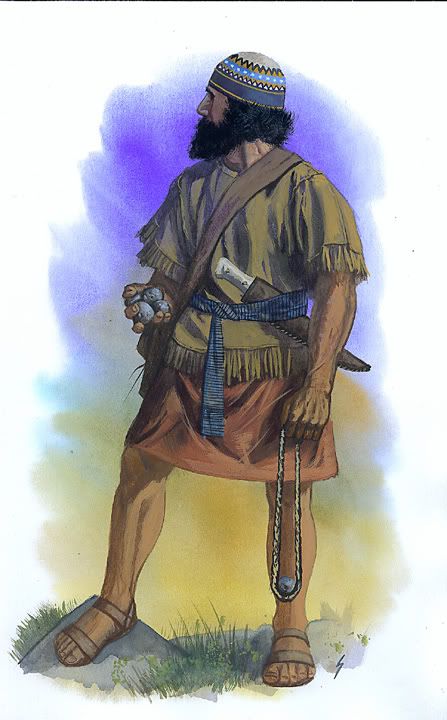Atlas627
Deity
- Joined
- Aug 25, 2011
- Messages
- 3,125
Barbarossa's agenda certainly makes a lot of sense, since he was the Holy Roman Emperor (and the Empire was basically a collection of City-states)! The bonus I know less about, but the Agenda certainly fits Barbarossa to a T.Mayans will likely need to be reworked since Frederick Barbarossa gets the same agenda. Which is weird, since the Mayans fit the city-states bonus fits better for Mayans. T_T
Atlas627, lots of ideas from you! I love the idea of Anushiruwan the Just being a leader--didn't know he existed. He could probably get a Great Persons bonus.
Anushiruwan is a ruler from the Sassanian Empire, not the Achaemenid like Cyrus and Darius. I made him the main ruler because variety is nice, and the Civ6 devs seem to agree. Perhaps this will be the game that they finally represent non-Achaemenid Persia in some way

Persia is a great civ to have ideas sorted out for. I think Immortals should be immune to bonuses from other unique units, etc. Darius is a great idea for a leader to have a road bonus.
I think "immune to other unique bonuses" would be very clunky to code. And it wouldn't be intuitive for the player as to which bonuses it applies to. Like obviously it applies to a combat bonus, but what about movement bonuses? Withdrawal? City attack while its a garrison? Etc.
I like Genghis Khan for Mongolia but not Ogedei, since he was a drunkard. Maybe Mandukhai Khatun, who was a capable warrior? I suspect the Mongolian bonus in-game won't revolve around Great Generals as it did in Civ V, but it's a good idea nonetheless. I wonder if rather than the Keshig, we might do better with Mangudai, who could be a vanguard unit of some sort.
Personally, I have no issue with him being a drunkard. In fact, he was a drunkard because he slid into depression when someone close to him died. It didn't seem to stop him ruling capably.
I couldn't think of anything more iconic than the Keshik, but I'd love suggestions. I basically just called the unit "Keshik" but gave it abilities appropriate for all Mongol units of the time. It'd be easy to rename.
Ger districts are a great idea, since Mongolians (IIRC) had tents even outside large cities.
Yeah, I was very pleased with that one and the design I came up with for it. I'm trying to fill in all of the Unique Districts first, since they're the part of the game we know most about. Its hard to come up with stuff that actually would work in-game if we don't know what the buildings do!
Edit: I had heard about Mandukhai Khatun, but couldn't remember her name! Unfortunately, we don't really know anything about her personality to make an Agenda from...hmm










